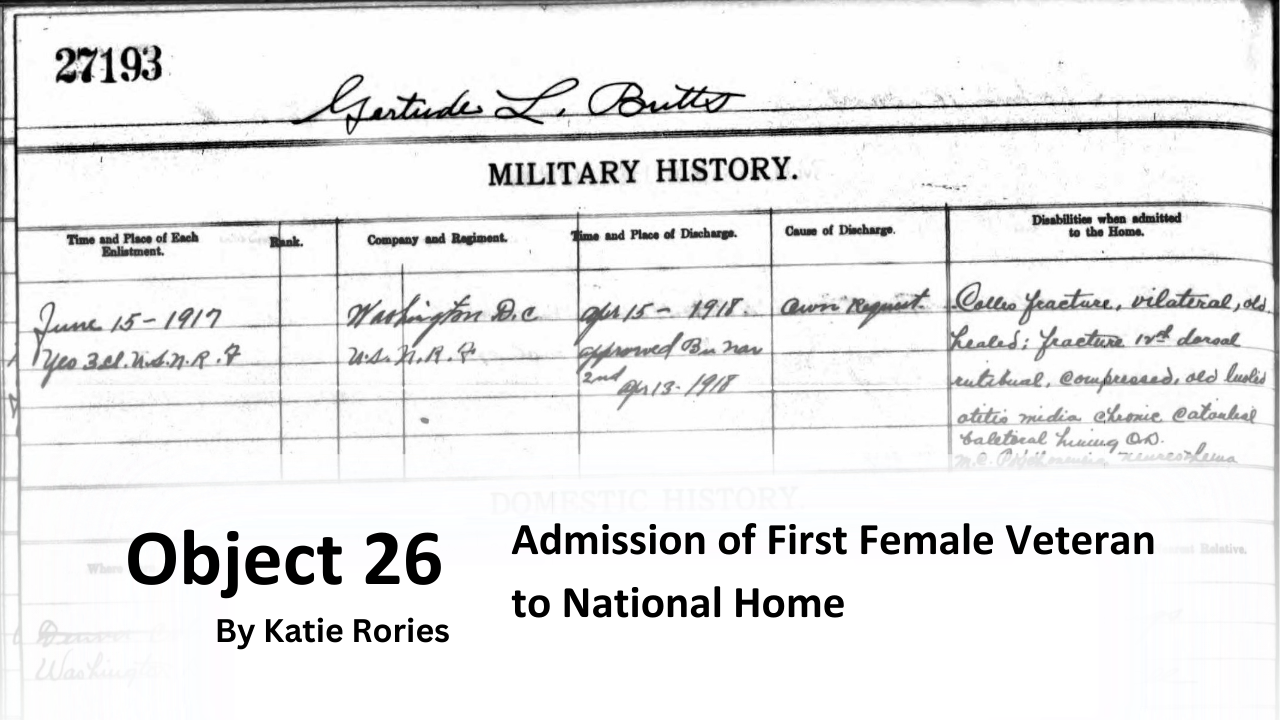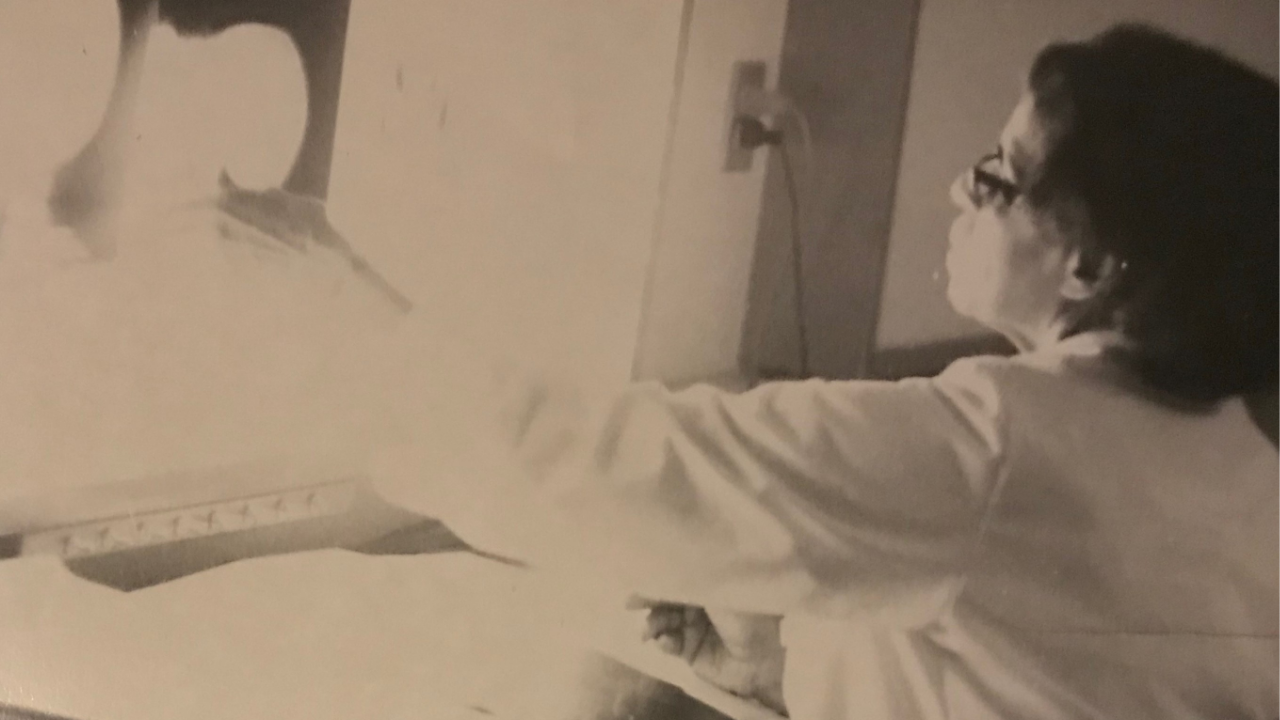
Featured Stories
Celebrating Women Veterans, Past and Present: Dr. Ivy Brooks
As a historian, connecting the present day with past events is a process fundamental to the profession. Researchers typically rely on information contained in archives and databases, but sometimes the most relevant details are provided by people. This was the case as a newly arrived historian at the Tuskegee VA Hospital attempted to ascertain details surrounding the life and career of Dr. Ivy Brooks, former director of radiology.
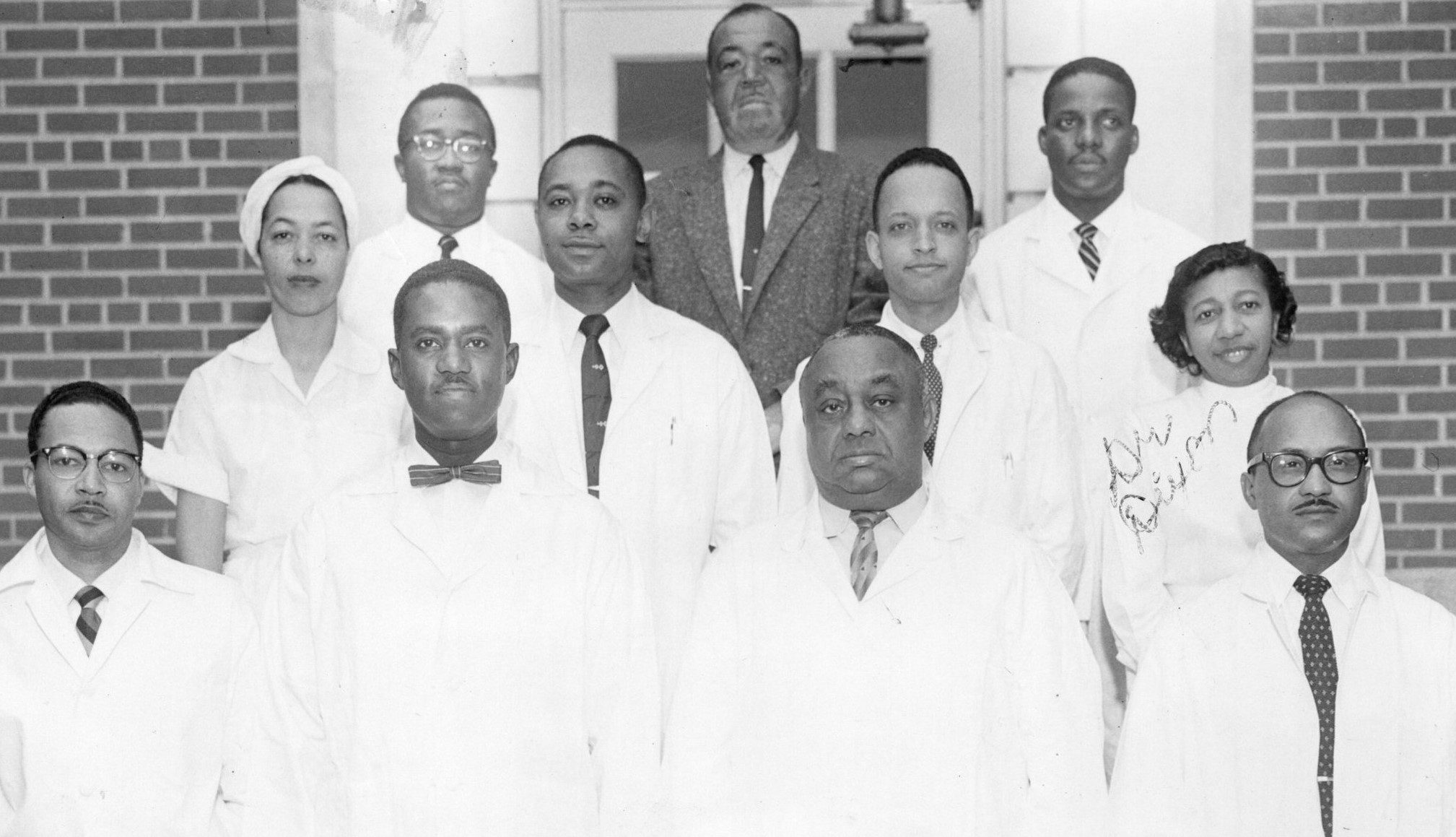
Featured Stories
Drs. Ivy Brooks and Mildred Dixon: Challenging the Status Quo
In the mid-twentieth century, the lives of Dr. Ivy Brooks and Mildred Dixon, two trailblazing Black women physicians, converged at the Tuskegee, Alabama, VA Medical Center. Doctor's Ivy Roach Brooks and Mildred Kelly Dixon shared much in common. Both women were born in 1916 in the northeastern United States and received training in East Orange, New Jersey. They both launched careers in alternate medical professions before entering the fields of radiology and podiatry, respectively. Pioneering many “firsts” throughout their professional lives, both women faced and overcame the rampant racism and sexism of the era.
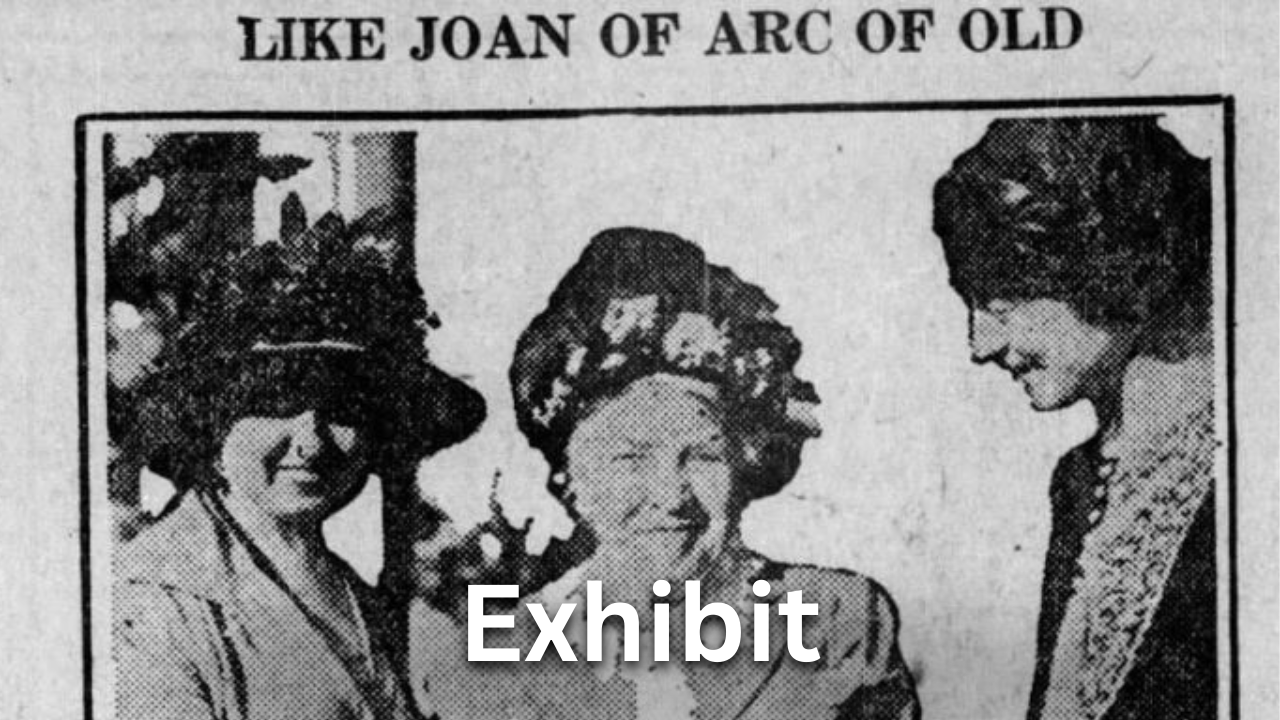
Exhibits
“Like Joan of Arc of Old”: The Origin of Health Care for Women Veterans
VA History Exhibit - While women have served in nearly all of America’s wars, some only achieved the right to Government-provided health care after World War One. This exhibit examines how women Veterans obtained admittance to the National Home for Disabled Volunteer Soldiers 100 years ago in 1923, and profiles what care looked like for these first women patients.
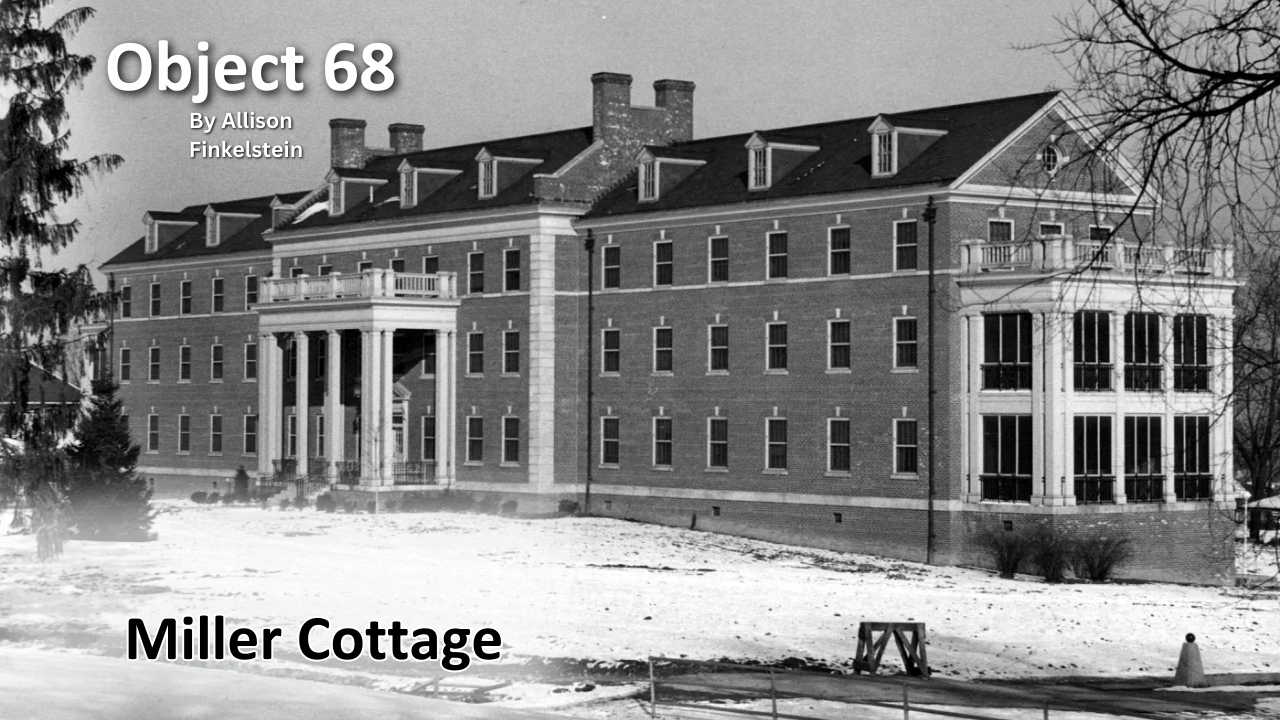
History of VA in 100 Objects
Object 68: Miller Cottage
At the VA Medical Center in Dayton, Ohio, Miller Cottage stands as a mostly forgotten reminder of women’s fight for inclusion in the benefits and health care system for Veterans. This long, multi-story brick building with a white-columned portico originated as a barracks built specifically to house female Veterans on the grounds of what was then called the Central Branch of the National Home for Disabled Volunteer Soldiers (NHDVS). The establishment of the residence represented a rare victory for the female Veterans of the First World War in their quest to obtain government support for all uniformed women who served and sacrificed during that conflict.
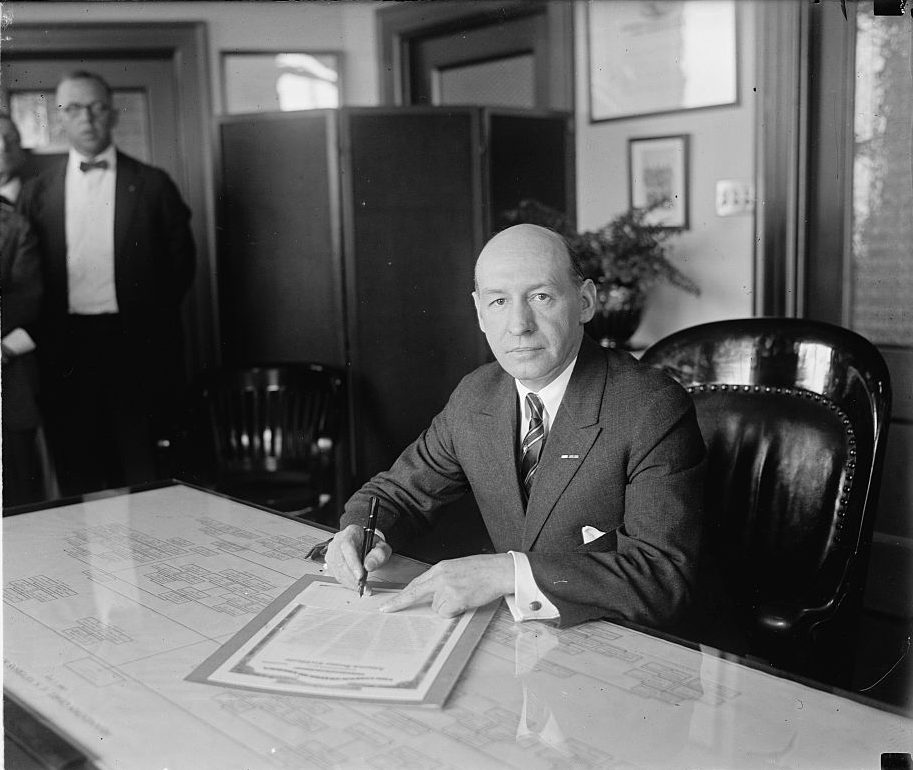
Featured Stories
Brig. Gen. Frank Hines – 1st VA Administrator
Frank Hines was the longest tenured VA leader, from 1923 until 1945 and end of World War II. He led two different Veteran agencies, first the Veterans Bureau and then the Veterans Administration. Despite constant challenges and changes to the system, he was a stable leader for a new federal agency.
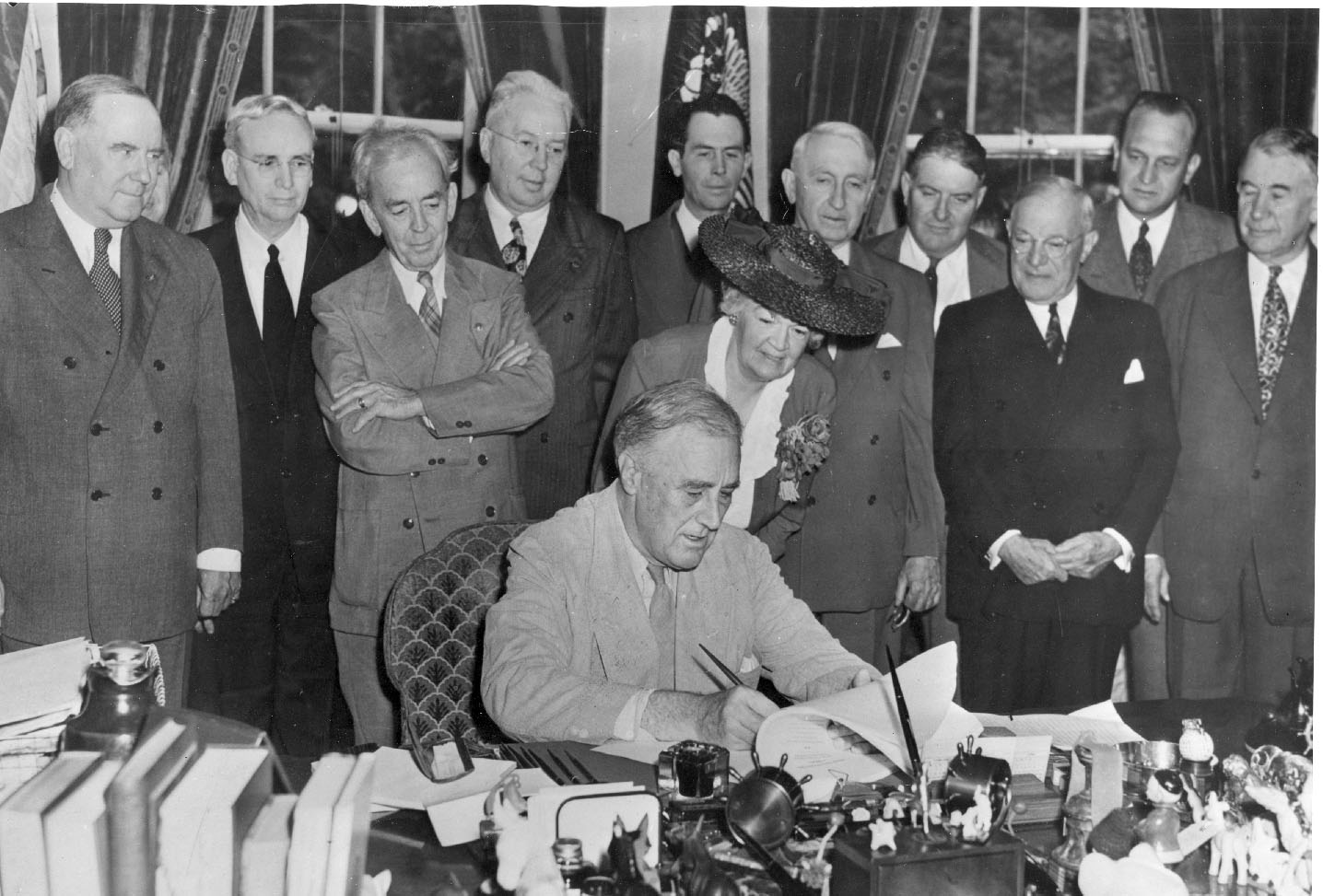
Featured Stories
Edith Nourse Rogers, Champion of Veterans and Women in the Military
Edith Nourse Rogers was a trailblazing politician and prominent proponent for Veterans benefits. She accomplished much in her decades-long career - to include admitting women into military service and creating a G.I. Bill of Rights.

History of VA in 100 Objects
Object 56: Life Magazine Story on The WAACs
The creation of the Women's Army Auxiliary Corps in 1942 allowed women for the first time to serve with the Army in non-nursing roles. Life Magazine reported on the first group of WAAC officer candidates and auxiliaries going through training in a lengthy photo essay that highlighted the women's professionalism and patriotism.

Featured Stories
Reflections from the Front: A New Podcast from the VA History Office
Women have been a vital part of the nation’s military from the very beginning. Although they were not able to serve in an official capacity until the twentieth century, women have always found ways to assist war efforts. In a new podcast series "Reflections from the Front", VA History Office interns Parker Beverly and Hannah Nelson take interviews from women Veterans and brings to life the stories of incredible resolve and adversity.

Exhibits
War Girls: California’s Army nurses in World War I
Between April 6, 1917 and November 18, 1918, over 21,000 American women enlisted in the U.S. Army Nurse Corps. This digital exhibit explores and commemorates the lives of California’s Army nurses buried in national cemeteries: Alta Ireland Heron, Vera Marston Rush, Etta Parker, Guilda N. Jones Vicini, and Mayme E. Williamson.

History of VA in 100 Objects
Object 20: The Washington Arsenal Monument
The National Cemetery Administration serves as the steward for government and military lots at select private cemeteries nationwide. The Congressional Cemetery in Washington, D.C., is home to the Washington Arsenal Monument, which honors the women who died in an explosion at the arsenal during the Civil War.



